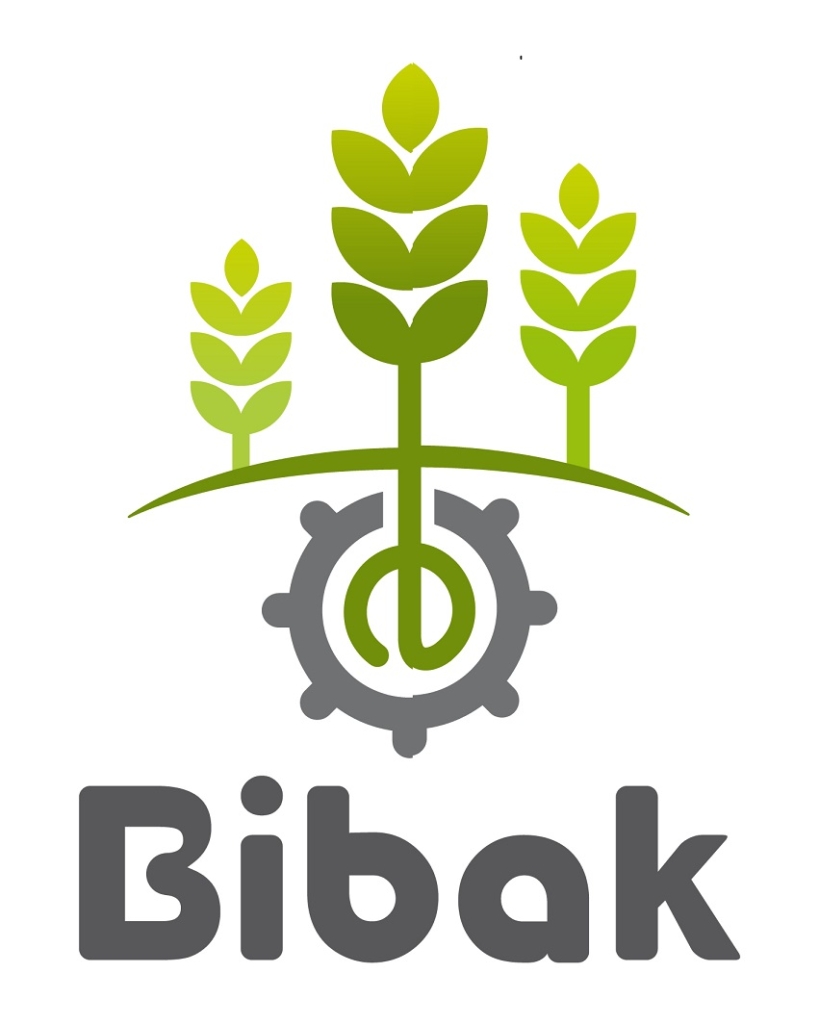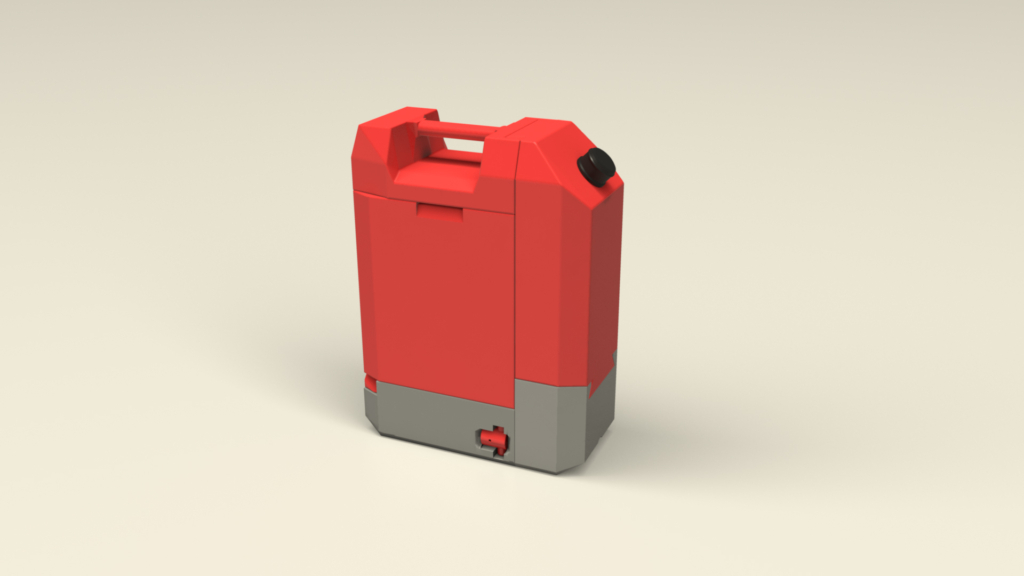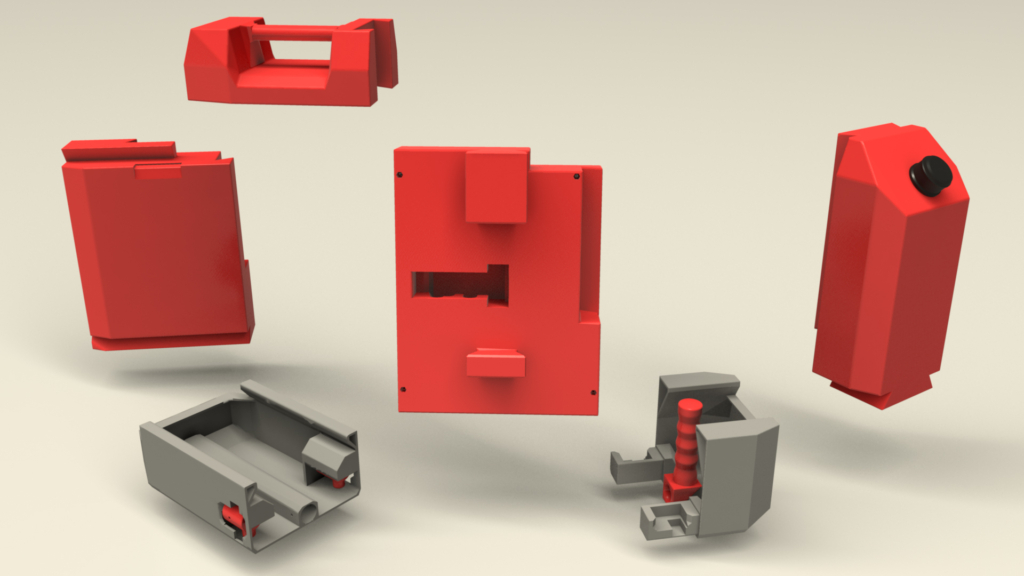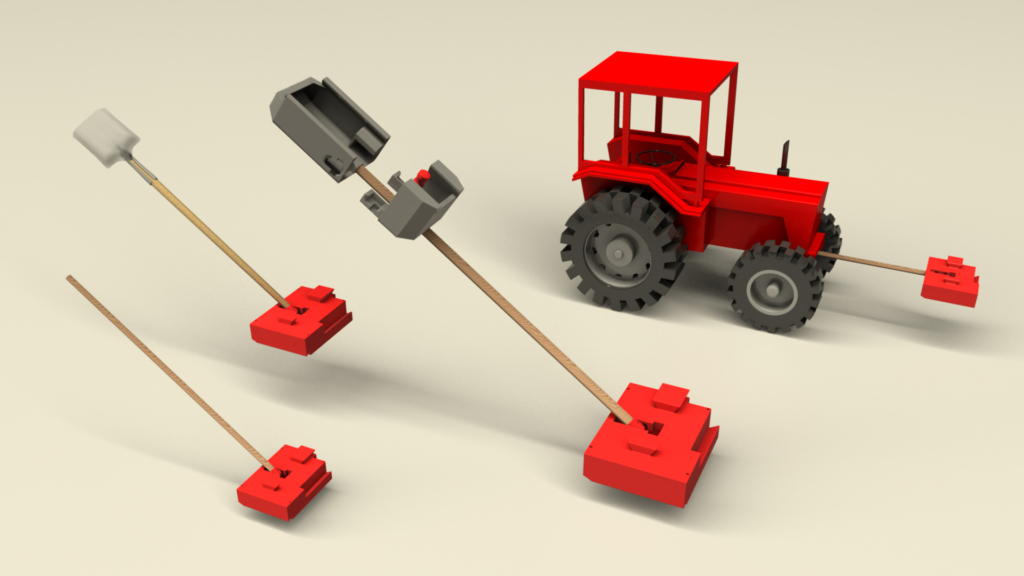
Bibak transforms post-conflict societies into thriving communities by eradicating landmines.
Bibak means “brave” in Persian. We help communities take brave steps from landmines to land security.
The process of removing landmines is slow and arduous, and hasn’t changed a great deal since WWII.
This is why we created CANNY (previously called podtector): modular sensors from off-shelf parts that communities can easily assemble and use to detect landmines for themselves. Afterwards, the parts can be repurposed for producing energy or hydroponics and skills learned in first aid and technology applied for wider economic development.
What is the project and why is it important?
There are over 110 million landmines in the world today, affecting the lives and livelihoods of 1.5 billion people. Landmines are not only dangerous, but their presence makes land unusable and so results in missed opportunities in agriculture, education and employment. This can occur even after the landmines have been cleared as people are uncertain about whether they can trust that their land is landmine-free.
Currently, de-mining is conducted by third parties, with little community involvement. As a result, communities often do not trust the process, resulting in up to 50% of cleared land remaining unused even after it is de-mined.
Bibak’s CANNY uses off-the-shelf sensors that are exponentially decreasing in cost to put the power of de-mining into the hands of the community. Bibak trains and assists communities to deploy the sensors themselves, teaching technical skills, first aid and leadership. The device is modular and can fit on to a range of existing infrastructure e.g. a broom or a tractor. It can also be attached to a drone or a robot. Once de-mining is done, the technology is upcycled for other purposes, capacity building the community in the process for longer term economic opportunities.



How did it come about?
Bibak was born out of the Singularity University 2014 Global Solutions Program held at NASA Ames Research Park in Silicon Valley. The team involved were Selene Biffi (Italian humanitarian entrepreneur), Lorenn Ruster (Australian strategy consultant) and & Shirley Andrade (Peruvian public servant).
As part of the program, we were challenged to adapt exponential technology to solve some of the world’s most pressing issues. Selene, with her experiences on the ground in Afghanistan understood the underlying challenges of landmine clearing and knew we could tackle this issue with the technologies we had been learning about.
What happened?
Bibak was selected as a top 5 project whilst at Singularity University.
It highlighted as one of five student project success stories since the GSP’s inception in Ray Kurzweil’s (futurist and co-founder of Singularity University) blog.
Following the completion of the program, Bibak went on to participate in StartupBootcamp High Tech Hardware Accelerator in Eindhoven in 2014-2015.
Bibak won several awards including:
- EY Sustainability Award (2015)
- Jury Special Mention Seif Award for Social Innovation (2015)
- Romano Rancilio Award (2016)
- The Katerva Human Development Award (2017)
- Index Award Finalist (2017)
Unfortunately Bibak was unsuccessful in receiving sufficient funding to continue (funding hardware that is literally life or death can be difficult!). Bibak was wound up in 2018.
Bibak & dignity-first technology
Recognition of the unique fears of community members when it comes to landmine detection and involving them in the process for wider economic opportunities is an example of dignity-first technology.